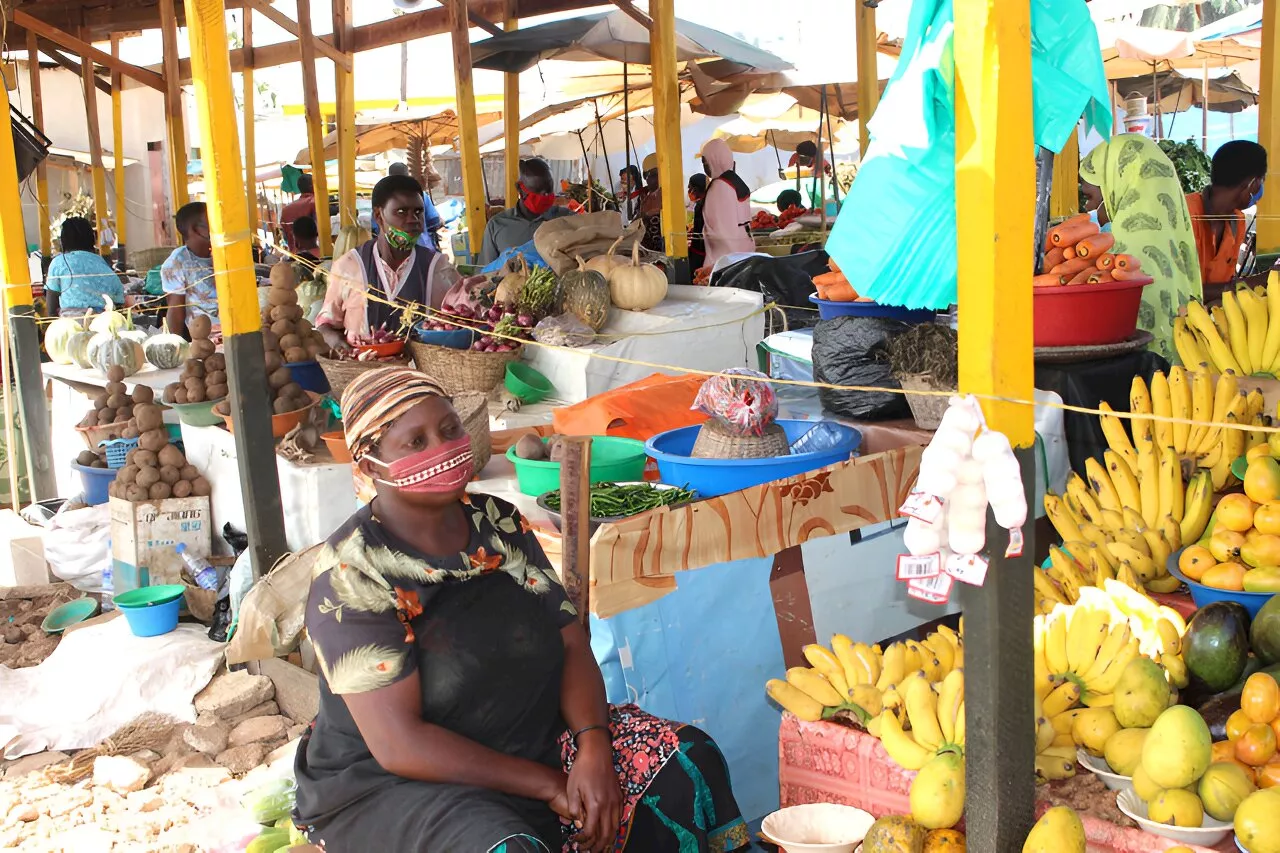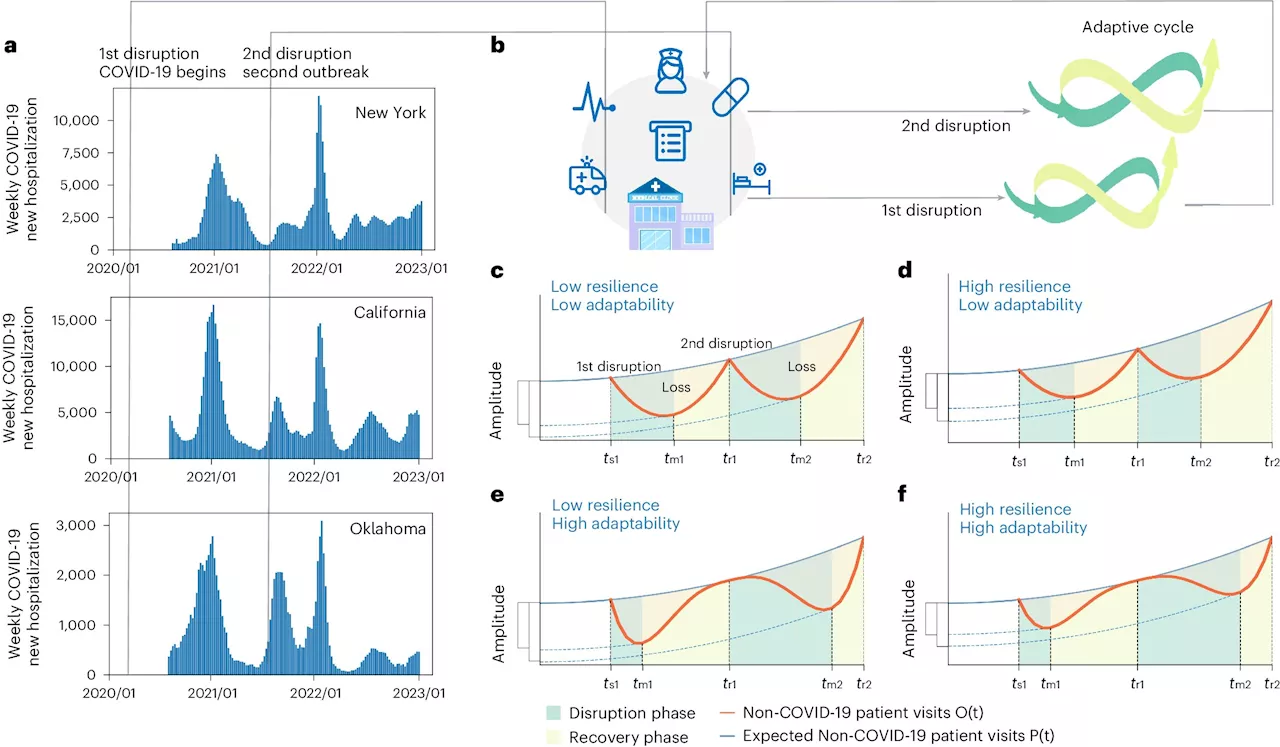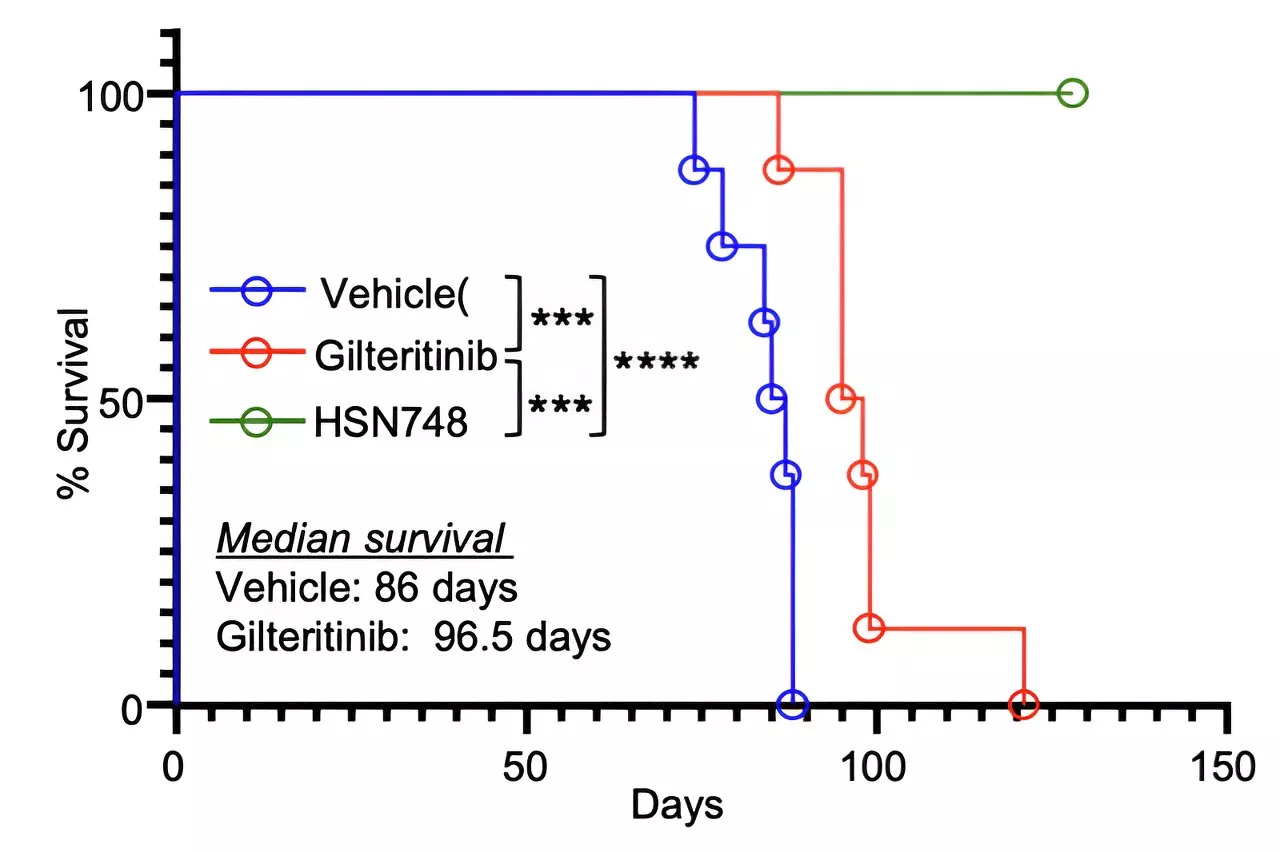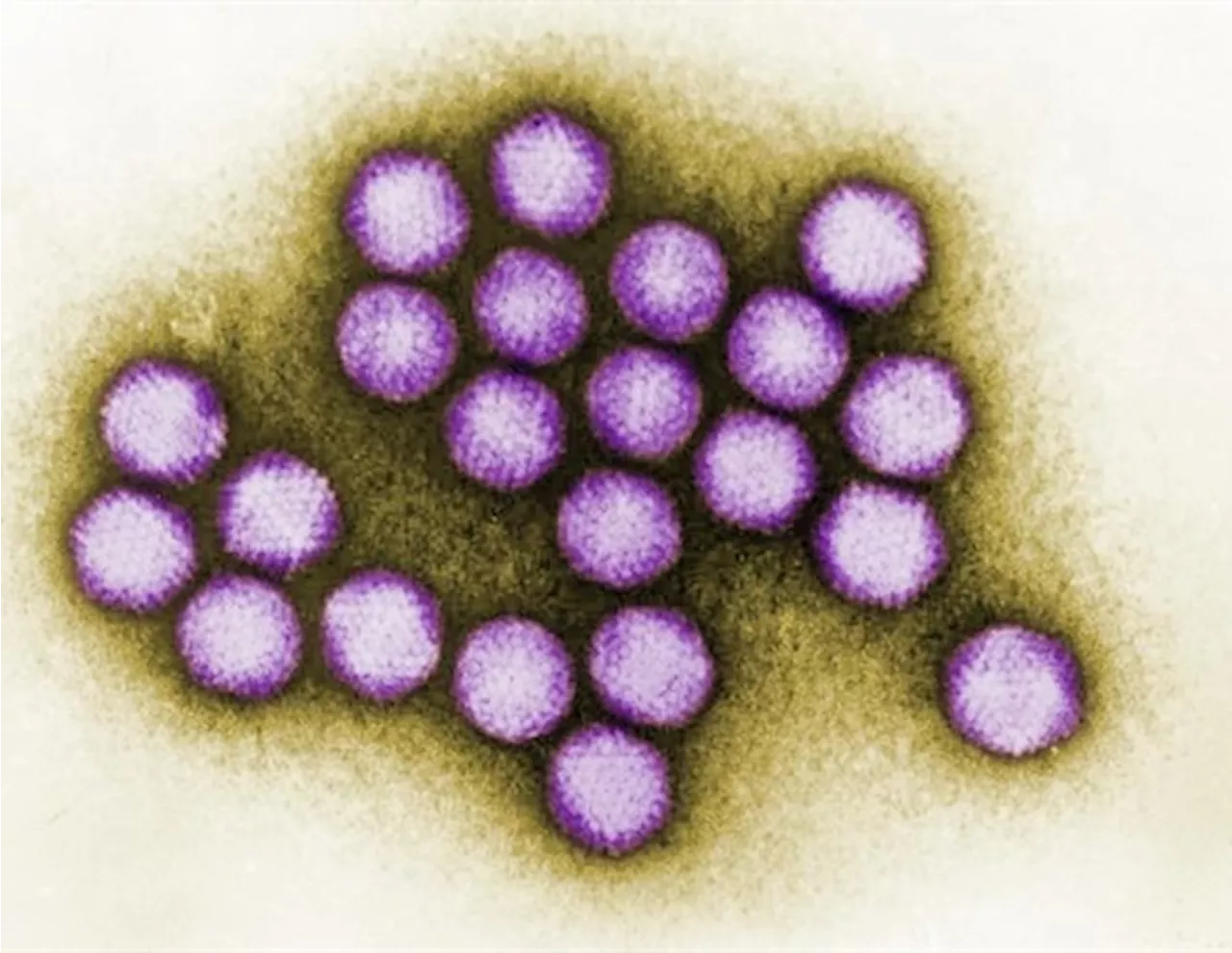Researchers from the University of Liverpool's Centre for Drug Safety Science have identified unpredicted T-cell immune responses to the adenoviral (Oxford/AstraZeneca and Janssen) COVID-19 vaccines, but not to the mRNA vaccines.
University of LiverpoolJul 19 2024 Researchers from the University of Liverpool's Centre for Drug Safety Science have identified unpredicted T-cell immune responses to the adenoviral COVID-19 vaccines, but not to the mRNA vaccines.
The study showed that between 90-95% of participants who donated blood samples unexpectedly produced strong T-cell responses following exposure to the adenoviral vaccines in a laboratory setting. This new finding of strong T cell responses in pre-pandemic blood samples is therefore unexpected and suggests that there is widespread cross-reactivity between the adenoviruses used in the vaccines and the adenoviruses that naturally circulate at high levels in the human population.
Related StoriesThis study was part of the Thrombotic Thrombocytopenia Syndrome Consortium, supported in late 2021 by the National Institute for Health Research and backed by government funding from the Vaccine Taskforce to understand the reasons why there were rare instances of blood clotting with low platelets in some people who received the AstraZeneca and Janssen vaccines.
Antibodies Bacteria Blood Cell Covid-19 Efficacy Frequency Laboratory Pandemic Platelets Syndrome T-Cell Vaccine Virus
United Kingdom Latest News, United Kingdom Headlines
Similar News:You can also read news stories similar to this one that we have collected from other news sources.
 Researchers use big data to establish long COVID subtypes based on more than 250,000 patientsAn announcement from the National Academies of Science, Engineering and Medicine of a consensus definition of 'long COVID' mentioned that it was not the final word on the condition but that the definition would be revised as new findings are published.
Researchers use big data to establish long COVID subtypes based on more than 250,000 patientsAn announcement from the National Academies of Science, Engineering and Medicine of a consensus definition of 'long COVID' mentioned that it was not the final word on the condition but that the definition would be revised as new findings are published.
Read more »
 Researchers built dozens of COVID-19 forecasting models—did they actually help?Accurate modeling is crucial during pandemics for several reasons. Political bodies must make policy decisions, which can take weeks to become law and even longer to implement.
Researchers built dozens of COVID-19 forecasting models—did they actually help?Accurate modeling is crucial during pandemics for several reasons. Political bodies must make policy decisions, which can take weeks to become law and even longer to implement.
Read more »
 Researchers study differences in attitudes toward COVID-19 vaccines between women and men in AfricaWhile many studies over the past several years have examined people's access to and attitudes toward COVID-19 vaccines, few studies in sub-Saharan Africa have looked at whether there were differences in vaccination rates and intention between men and women.
Researchers study differences in attitudes toward COVID-19 vaccines between women and men in AfricaWhile many studies over the past several years have examined people's access to and attitudes toward COVID-19 vaccines, few studies in sub-Saharan Africa have looked at whether there were differences in vaccination rates and intention between men and women.
Read more »
 Researchers draw insights from COVID-19 to inform improved health care in times of crisisAmong the many challenges that the COVID-19 pandemic presented, disruptions in health care were among the most impactful. The pandemic was large-scale, lasted over two years, and resulted in millions of hospitalizations and 1.2 million deaths in the United States alone.
Researchers draw insights from COVID-19 to inform improved health care in times of crisisAmong the many challenges that the COVID-19 pandemic presented, disruptions in health care were among the most impactful. The pandemic was large-scale, lasted over two years, and resulted in millions of hospitalizations and 1.2 million deaths in the United States alone.
Read more »
 Researchers develop new compound designed to treat drug-resistant acute myeloid leukemiaResearchers at Purdue University's College of Science have developed a patent-pending compound called HSN748 to treat drug-resistant acute myeloid leukemia (AML). AML is a cancer that begins in bone marrow and sometimes metastasizes to the central nervous system, liver, lymph nodes, spleen and testicles.
Researchers develop new compound designed to treat drug-resistant acute myeloid leukemiaResearchers at Purdue University's College of Science have developed a patent-pending compound called HSN748 to treat drug-resistant acute myeloid leukemia (AML). AML is a cancer that begins in bone marrow and sometimes metastasizes to the central nervous system, liver, lymph nodes, spleen and testicles.
Read more »
 The Military’s Unexpected Role in Building San Francisco’s LBGTQ+ CommunityMany LGBTQ+ veterans settled in San Francisco because it was a common point of disembarkation and a hotbed for sex and gender nonconformity
The Military’s Unexpected Role in Building San Francisco’s LBGTQ+ CommunityMany LGBTQ+ veterans settled in San Francisco because it was a common point of disembarkation and a hotbed for sex and gender nonconformity
Read more »
